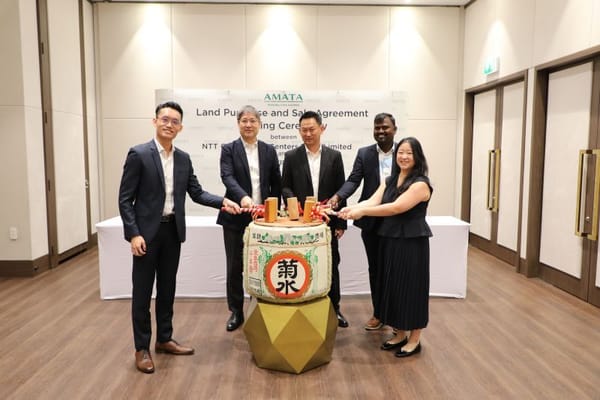The compounds where the billion-dollar global cyberscam operates
Seventeen-hour workdays with electric shocks and beatings.

Seven-hour workdays punctuated by electric shocks, beatings with bamboo poles for missed quotas. That's life in a scam compound, and it starts right inside the airport.
I came across an illustrated story by Reuters that resurfaced on Google News. It isn't easy reading, but understanding criminal methods is essential for recognising these operations.
Airport recruitment operations
Myanmar's scam trade has evolved into a booming billion-dollar cyberfraud industry involving forced labour and human trafficking within fortified compounds. According to nine victims that Reuters interviewed, half a dozen were intercepted at Bangkok's two international airports before being transported by car to remote locations.
The victims were escorted through airport terminals by individuals posing as officials. Most had been lured by promises of legitimate job offers, though one victim was simply travelling on holiday. The holiday traveller was apparently singled out at baggage collection, approached by a woman at the carousel, then picked up by a driver who claimed to be from their hotel. She wasn't.
These airport operations demonstrate the sophisticated nature of these criminal networks, which exploit Thailand's position as a regional transport hub to intercept vulnerable travellers.
Conditions inside the compounds
Once delivered to heavily guarded scam compounds, victims face brutal working conditions designed to extract maximum productivity. They work between 17 to 20 hours daily, with up to 10 people sleeping in small rooms. Working hours are adjusted based on target geography to maximise overlap with victim time zones.
Punishments for missing targets include electric baton shocks, beatings with bamboo rods, or isolation in dark rooms without food or water. The Reuters investigation documented these systematic abuses across multiple facilities, revealing the industrial scale of these operations.
The challenge of dismantling transnational networks
Scam compounds prove especially difficult to dismantle due to their transnational nature. While there have been multiple arrests and crackdowns freeing at least 53,000 people recently, the sheer scale means many more facilities continue operating across the region.
A commentary published by the Yusof Ishak Institute concluded that "a regional collective effort is required" but noted that ASEAN "lacks a proper framework for it." The cross-border nature of these operations requires coordinated international law enforcement efforts that current frameworks struggle to deliver.
The Reuters investigation highlights how these criminal networks exploit regulatory gaps between countries, moving operations across borders when pressure increases in any single jurisdiction.
For travellers, the key lesson is maintaining vigilance even in supposedly secure environments like international airports, and unexpected assistance from strangers should be treated with suspicion.




